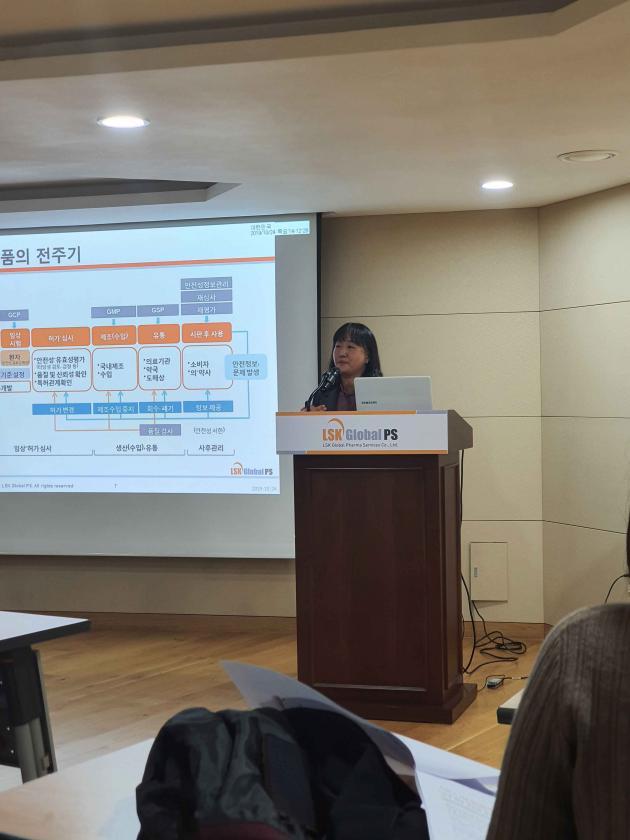The importance of pharmacovigilance, which is the task of collecting and analyzing adverse reactions and subsequent cases of drugs, is steadily increasing in Korea.

"Unlike clinical trials with controlled conditions, unexpected adverse reactions may occur in real patients in the actual clinical field," said Lee Jeong-min, a director at LSK Global Pharma Service, in a media session on Thursday.
Clinical trials are limited to 18-55 years of age and subject to specific indications and conditions, Lee said. In real life, however, chronic diseases such as high blood pressure and diabetes require medications for life, so it is hard to find side effects in clinical trials, she added.
One of the most prominent examples in post-market drug surveillance is the Thalidomide case that rocked the EU in 1957. Thalidomide, developed and sold as a sleeping pill in Germany, was effective for morning sickness in early pregnancy. However, all of the pregnant women who took the drug between three and eight weeks of pregnancy gave birth to children with congenital disabilities, which led to the discontinuation of the drug in 1961.
"The incident highlighted the importance of pharmacovigilance in Europe and other countries," Lee said. "Even now, Europe spends about 79 billion euros each year because of drug problems."
She stressed the most crucial step in preventing such problems is pharmacovigilance.
"Drug surveillance is a process where regulators review risks and make decisions when an event is detected in collected data," Lee said. "Therefore, the process of collecting and analyzing data is critical."
In this regard, Lee noted the LSK Global PS is a perfect partner to conduct pharmacovigilance for a product.
“LSK Global PS is the largest contract research organization (CRO) in Korea. In 2012, it became the first Korean CRO to form a pharmacovigilance department,” she said. “We provide pharmacovigilance systems development, pharmacovigilance services, safety data, and case management."
The company also has 17 staff workers for pharmacovigilance, including those who have completed training at the European Medicines Agency, and a database with proven safety, she added.

